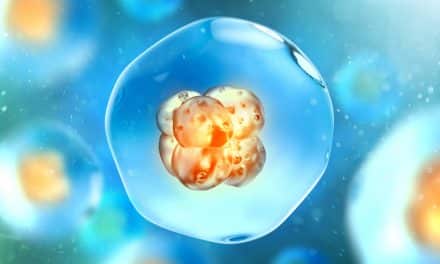All patients are concerned about the duration of fertility treatments, because the longer they take, the greater the physical and emotional strain, and the higher the cost. However, everyone knows that a pregnancy may not be achieved “on the first try” and sometimes not even on the second or the third attempt. Moreover – and this is crucial – a pregnancy does not mean a “take-home baby”, as the pregnancy may not continue to develop or a miscarriage may occur.
Doctors know this, which is why many fertility centres offer the possibility of carrying out several IVF cycles at a fixed price or with a discount (offers or promotions). Indeed, it has been proven that the higher the number of eggs retrieved, the greater the chances of obtaining viable embryos. However, this is provided that each case is studied in depth beforehand, as the chances of achieving a pregnancy can be very different from one woman to another. Therefore, accumulating more cycles does not always lead to a higher success rate.
The key is hence to know what the real chances of success are for each patient. In this respect, it is essential to trust your fertility specialist and let him or her guide you. The more experienced the fertility specialist and the fertility centre, and the more confidence they inspire in patients on a personal and professional level, the better. In fact, experts are not interested in prolonging treatments that offer very little chance of success from the outset: it is essential to be realistic.
Another key element are the success rates provided by each fertility centre, which are the result of their own statistics. Although they can show whether a fertility centre works more or less efficiently, it is important to know how to interpret them, as this general data does not indicate the actual chances of each patient.
What aspects then do experts take into account to assess the chances of success in each particular case? What factors can cause a fertility treatment to fail and how many attempts are usually recommended to increase the chances of success? In this post, Dr Silvia Grau, coordinator of the Reproductive Medicine Department at Dexeus Mujer in Sabadell and Sant Cugat, gives us some clues:
What factors need to be considered to assess the chances of success?
The success rate of fertility treatments varies significantly depending on a number of factors: the woman’s age, her ovarian reserve, the type of treatment carried out, factors related to the condition of the uterine endometrium, embryo-related factors, male factors, underlying causes of infertility, and other potential health problems.
What can cause reproductive treatment failure?
The most common causes are lack of eggs, failure to fertilise or lack of quality embryos, recurrent implantation failure or failure of the embryo to develop, as well as lack of endometrial receptivity, among others.
How many attempts or cycles are usually recommended to increase the chances of success?
Generally speaking, the pregnancy rate for a first fertility treatment is approximately 25-35% after the first transfer. The cumulative pregnancy rate after multiple transfers can reach 80-90%. The problem is that 10-20% of patients do not achieve an ongoing pregnancy even after several attempts.
What steps are usually taken when a fertility treatment does not work?
It is important to address the situation both medically and emotionally, consider additional tests, and review and adjust the treatment plan. Taking a break can also be beneficial to try again with renewed energy and enthusiasm after several unsuccessful attempts.
Where to draw the line?
Advances in assisted reproductive techniques and the current legal framework in Spain have made it possible to multiply the range of possibilities in terms of treatments to achieve pregnancy: sperm, egg, and embryo donation are all available. But even so, there are still people who do not achieve a pregnancy even after many attempts. The fact that there are so many options can sometimes be confusing. Ethical considerations also arise, especially when it comes to egg and sperm donation. Our centre has a specialised Psychological Support Unit that offers a few sessions free of charge to reproductive patients who request them (for IVF and egg donation treatments).
Final considerations:
Finally, it is important to remember that there is no one right answer for all patients: everyone faces a different situation and walks a different path to pregnancy. Sound initial counselling, open and fluid communication, mutual support, and ongoing professional guidance are essential for a successful experience, whether a pregnancy is achieved, complications arise or the decision to forgo motherhood is finally made.















